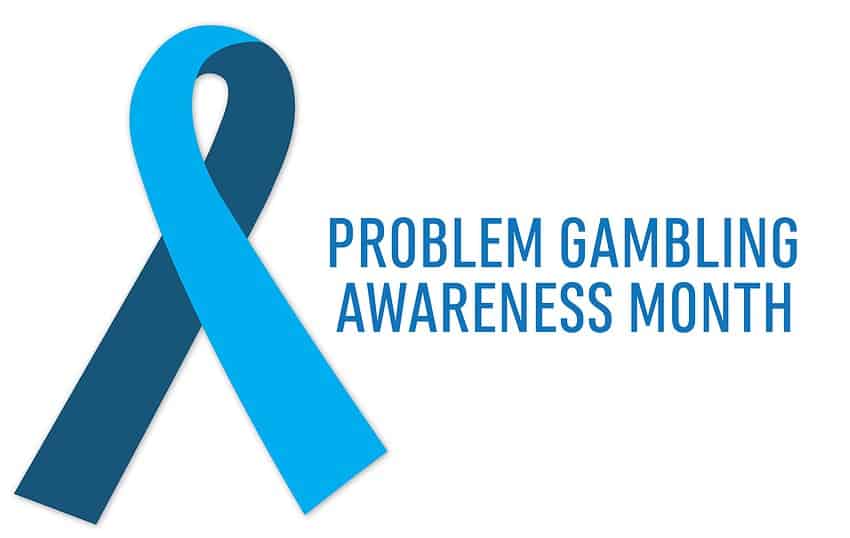By Janeane Krongos, Tillamook Family Counseling Center
March is Problem Gambling Awareness Month. This year’s theme is ‘Celebrating 20 Years’. The success and longevity of this grassroots campaign depends on the participation of the National Council on Problem Gambling, state affiliates, state public health entities (in the state of Oregon it is the Oregon Health Authority), health professionals, and community members. The aim of this campaign is to promote problem gambling prevention, increase problem gambling screenings, support problem gambling treatment, and support problem gambling recovery services.
Gambling is an activity that carries risk, some people who gamble may develop a problem with gambling. Issues that are related problem gambling include relationship strain, money issues, substance use, increased anxiety, increased depression, loss of productivity (at school and work), and increased suicide risk. Additional information about issues related to problem gambling can be found in the Oregon Health Authority’s Impacts of Problem Gambling on Public Health. This document can be found at www.oregon.gov. Problem gambling is a concern that effects people of all ages. According to the Oregon Health Authority, there are an estimated 84,000 adults and youth in Oregon who meet the clinical diagnosis of a gambling disorder with another 180,000 Oregonians at risk.
This concern is preventable, prevention strategies include learning the warning signs, creating responsible gambling guidelines, and having conversations about gambling. Problem gambling prevention resources are available locally at the Tillamook Family Counseling Center (TFCC). To learn more about local problem gambling prevention services call (503)842-8201. Additional resources are available at www.opgr.org.
Problem gambling treatment is free in Oregon. Locally, TFCC offers problem gambling treatment to people who experience problem gambling and concerned others. TFCC employs a certified gambling counselor who offers free problem gambling treatment services. They can be reached by calling (503)842-8201. For more information about problem gambling treatment services call (877)695-4648.
To learn more about this campaign visit: www.ncpgambling.org.
This month TFCC is offering two free prevention programs available virtually on Zoom – registration required.
Question Persuade Refer (QPR) Gatekeeper suicident prevention training – March 21st:
The QPR Gatekeeper training will be presented virtually using the Zoom platform on March 21st, from 10:00 to 11:30 AM. This training is a community mental health intervention that was listed on SAMSHA’s National Registry of Evidence Based Programs and Practices as an effective suicide prevention training. This training was designed to be beneficial for all adults, including parents, teachers, employers, health staff, and hospitality staff. This training will be offered at no cost to the participant (registration for this training will be limited to 20 participants that reside or work in Tillamook County). To register email Janeanek@tfcc.org.
Note: People who experience problem gambling have higher rates of suicide than people who do not experience problem gambling. You can learn more about problem gambling and suicidality by reviewing the Impacts of Problem Gambling on Public Health at www.oregon.gov.
‘Introduction to Problem Gambling Prevention’ presentation – March 29th:
The ‘Introduction to Problem Gambling Prevention’ presentation will be presented by the TFCC. This presentation will be presented virtually using the Zoom platform on March 29th, from 10:00 to 11:00AM. Participants who attend this training will learn about: problem gambling, the continuum of gambling behavior, impacts of problem gambling, problem gambling prevention strategies, and helpful resources. This training was designed to be beneficial for parents, caretakers, or other caring adults. This training is being offered at no charge to 20 participants that live or work in Tillamook County. To register email Janeanek@tfcc.org.


